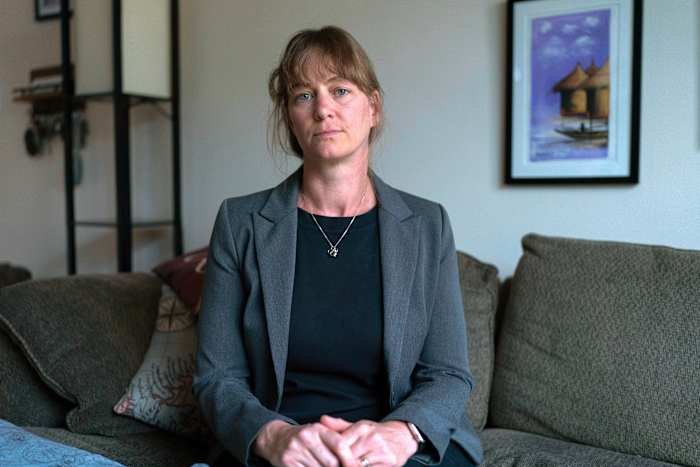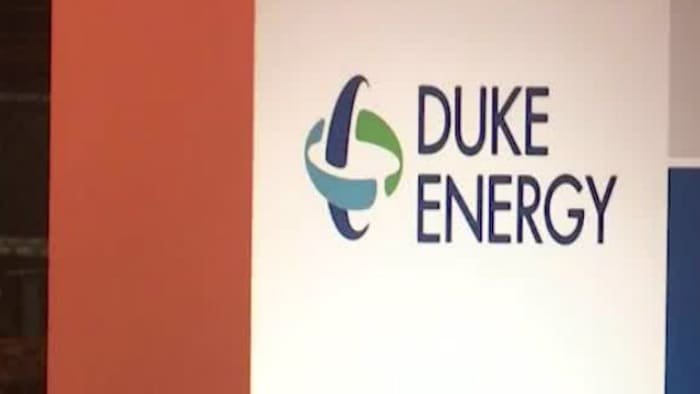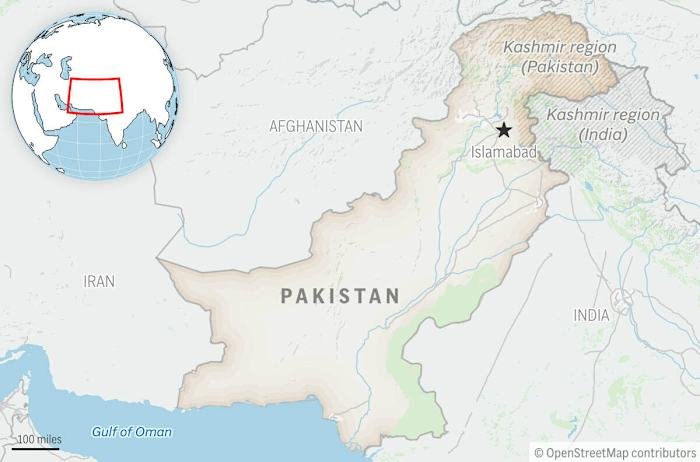Daily Orlando News – The National Institutes of Health (NIH) is facing a wave of internal dissent after scores of its researchers and staffers published a rare declaration criticizing deep funding cuts and controversial policies under the Trump administration. As these changes threaten critical research efforts nationwide, Orlando’s vibrant medical and research communities are also feeling the impact. Here’s what’s happening, why it matters to Central Florida, and what local leaders are saying about the future of public health research.
Orlando’s Connection to National Institutes of Health Research
Orlando has long been home to medical innovation, world-class hospitals, and thriving biotechnology hubs. The NIH, as the nation’s premier medical research agency, funds millions in grants across Central Florida institutions each year. These funds support everything from cancer research at the University of Central Florida (UCF) to public health studies at AdventHealth and Nemours Children’s Hospital.
Recent federal budget proposals under President Trump have included sweeping cuts to the NIH’s operating budget—reductions that threaten to ripple directly into Orlando’s labs, clinics, and research initiatives. Local scientists warn that fewer grants and limited resources could slow down lifesaving research and undercut the city’s reputation as a medical leader.
Scientists Speak Out: The Declaration Against Cuts
For the first time in recent memory, dozens of NIH scientists and staffers have come forward to collectively voice their dissent. The declaration, published in an open letter, challenges not only the scale of the proposed cuts, but also the Trump-appointed leadership’s policies, which critics say undermine the NIH’s core mission of advancing scientific knowledge and public health.
In their letter, the scientists argue that slashing research budgets puts the nation at risk for delayed medical breakthroughs, weakened pandemic preparedness, and fewer opportunities for young researchers. “These decisions do not just impact scientists in Washington,” says Dr. Maria Lopez, an Orlando-based infectious disease specialist and NIH grant recipient. “They affect every American in need of better treatments and understanding of diseases.”
What the Cuts Could Mean for Orlando
For Orlando, the NIH’s budget is more than just a number on a spreadsheet. Local universities, hospitals, and biotech startups rely on these funds to power research into health challenges like Alzheimer’s, pediatric illnesses, and cancer. According to UCF’s Office of Research, the university received over $20 million in NIH funding last year alone.
Deep cuts could mean:
- Fewer Clinical Trials: AdventHealth and Orlando Health regularly participate in NIH-backed clinical trials. Reductions in funding may limit patient access to cutting-edge therapies.
- Job Losses: Research technicians, lab workers, and graduate students depend on NIH grants for employment and training. Cuts may lead to layoffs or halted projects.
- Reduced Innovation: Orlando’s emerging biotech startups often spin out of NIH-funded research. Less funding could stunt growth in this promising sector.
Local Leaders and Researchers Respond
Orlando’s scientific community is not staying silent. In response to the NIH scientists’ declaration, local leaders have echoed calls to protect medical research funding.
“We must invest in science and innovation, not undermine it,” said Congresswoman Val Demings, whose district includes much of Orlando. “The work being done at our hospitals and universities saves lives and creates jobs right here in Central Florida.”
Meanwhile, UCF President Alexander Cartwright emphasized the broader impact: “We depend on NIH support to train the next generation of doctors and scientists. Protecting these resources is critical to the health and economic vitality of our city.”
Community groups have also stepped up. The Orlando Medical News recently published an op-ed calling on residents to contact their representatives and voice support for robust NIH funding.
The Road Ahead: What’s Next for Orlando’s Medical Research?
The debate over public health funding is far from over. As the Trump administration’s proposals make their way through Congress, Orlando’s research community is bracing for uncertainty—but also organizing to defend the city’s medical future.
Many hope that the visible pushback from NIH staff, along with advocacy from local leaders, will inspire lawmakers to reconsider deep cuts and instead prioritize scientific progress. Orlando’s reputation as a medical innovation hub, and the health of its residents, may well depend on the outcome.
Conclusion
The declaration by NIH scientists against deep budget cuts marks a pivotal moment for public health research across the country—and especially here in Orlando. As our city’s hospitals, universities, and biotech firms face an uncertain funding landscape, the actions taken now will shape the future of medicine in Central Florida for years to come.
What do you think about the impact of federal research cuts on Orlando? Have you or someone you know been affected by changes in medical research funding? Leave a comment below and join the conversation!
















